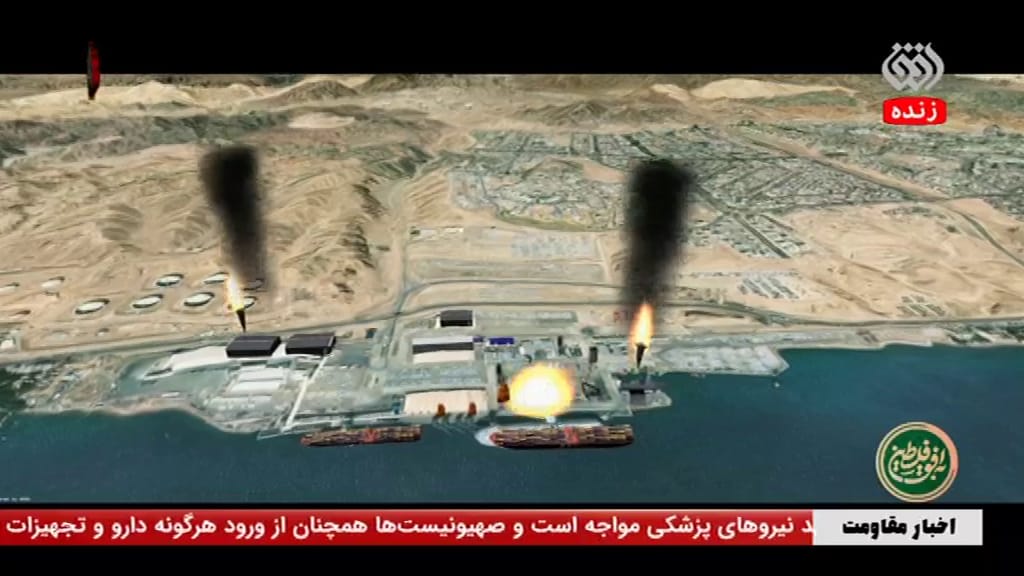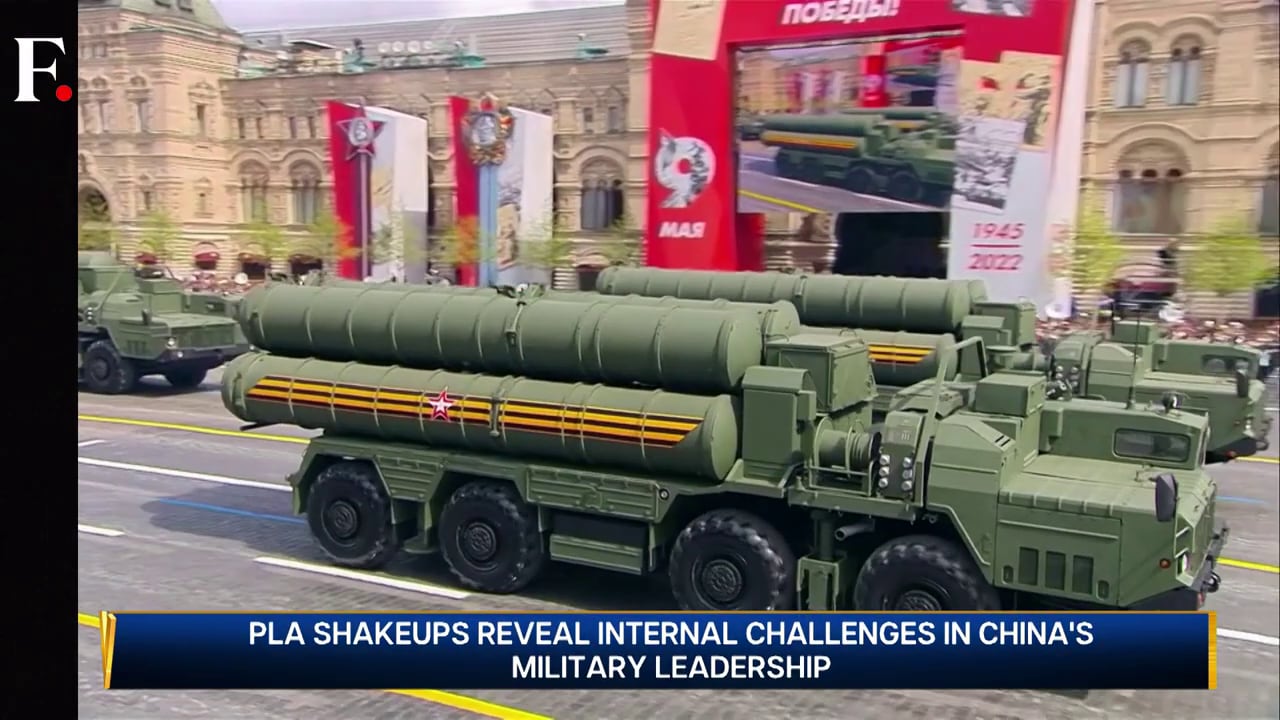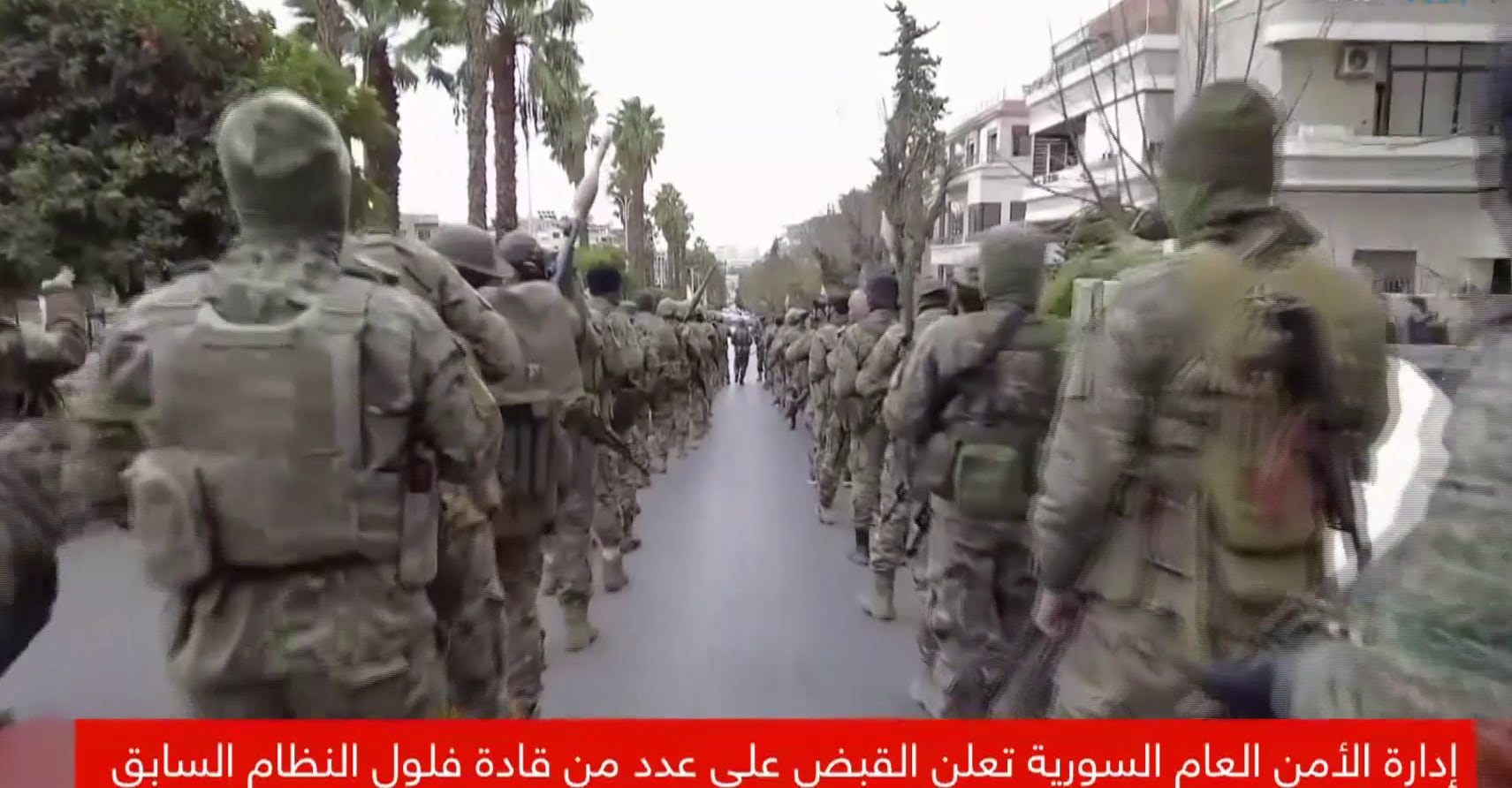
Following are excerpts from an Al-Arabiya TV report on the Iraqi village of Jurf Al-Milh, which aired on June 6, 2013:
Reporter: In Basra, death always sleeps with one eye open. Death is everywhere – under land, under water, under the trees, and sometimes above them – in the form of millions of landmines, and thousands of tons of war debris, including radioactive material, gunpowder, iron, rockets, and shells. A mere touch by a passing child might cause some of these to explode, destroying everything around.
Youth from Jurf Al-Mlih: There are bombs here. If anyone burns garbage here, a rocket explodes.
[…]
Reporter: More than 1.5 million people live in the shadow of death, in 1,600 regions. They constitute 21% of the population of Iraq. Jurf Al-Milh is a tiny drop in this terrifying ocean of numbers. This village, near the Iraqi-Iranian border, has surrendered to its fate. It differs from other villages in that it has been living death all the time. Death is the only force that rules here - in the past, the present, and the future.
[...]
The pain of Jurf Al-Milh is exacerbated by the fact that it has been left to die, while other regions have received a lot of attention, even though they are almost completely devoid of inhabitants. These regions have something the inhabitants of Jurf Al-Milh say is worth more than their own lives: petroleum.
[...]
The feeling that the place we have reached is normal soon dissipates. When the professionals show us their highly sensitive and modern equipment, you know that the Americans were here, and that they created professional work standards, which should have spread to the other 1,600 regions, like Jurf Al-Milh. This, however, did not happen.
[...]
The overall picture is even more dire than its details, as you can see wherever you look in this village. The first surprising detail we find is that the landmines here are but a secondary cause of death. There are other factors that are even more significant and destructive.
Jurf Al-Milh resident: When we go to the doctor, he asks: "Do you have war debris where you live?" They say this is the cause of all our illnesses. We want someone to put an end to this, but we get no answers. So here we are – living among scorpions and snakes. That's our situation.
[...]
Reporter: Those who escaped death traded in bones, in mines, in copper from rockets, in iron from tanks, and in aluminum from shells.
Abu Muhammad the smuggler: We collect the bodies of Iranians left in the area, and we take them to Iran.
Reporter: The selling of landmines became a profession when the army decided in the days of the previous regime, to pay 50 dinars for each mine. Now there are no buyers, so all the mine-traders have abandoned their trade, with one exception, according to Abu Muhammad the smuggler, who sent him to us, after reassuring him that our intentions were good. He did so by phone, after which we went to the home of the only remaining mine-trader in Jurf Al-Milh.
He insisted upon covering his face completely, as long as the cameras were rolling.
Mine-trader: Ever since I was a child I have been working with mines. I supported my family because my father had died.
[...]
I would supply mines to anyone who wanted to buy them. The price is nobody's business but mine, so I won't disclose it.
Reporter: His insistence upon covering his face, his claim that he did not know the identity of the buyers, and his refusal to disclose the price made us suspicious. It did not take us long to uncover the secret.
Iraqi MP Mansour Al-Tamimi: Much of the war debris was used by terrorists as IEDs, blowing up military and civilian vehicles.
Reporter: Smuggling during the Iran-Iraq war was a sure way to commit suicide. Iraqi officers were authorized to summarily execute soldiers – not to mention smugglers. Despite all this, nobody minded, and smugglers engaged in various activities, including the unification [of families] and "politics smuggling."
Jurf Al-Milh resident: When someone sentenced to death asks you to smuggle him across the border – how can you refuse his request?
Another Jurf Al-Milh resident: Allah facilitated these things. These were people whom we smuggled across the border and we didn't take any money for it. When we were in Kutaiban, a man came to us with his wives and children. He told us that he had been sentenced to death and had to get across the border. We got them all across the border and didn't charge a thing.
Reporter: What was the highest price you charged?
Another Jurf Al-Milh resident: The price was well-known: 100 dollars.
[...]
Reporter: As you walk down the street, you see so many people without legs or hands that you get the feeling that Jurf Al-Milh is a village that walks on crutches.
[...]













